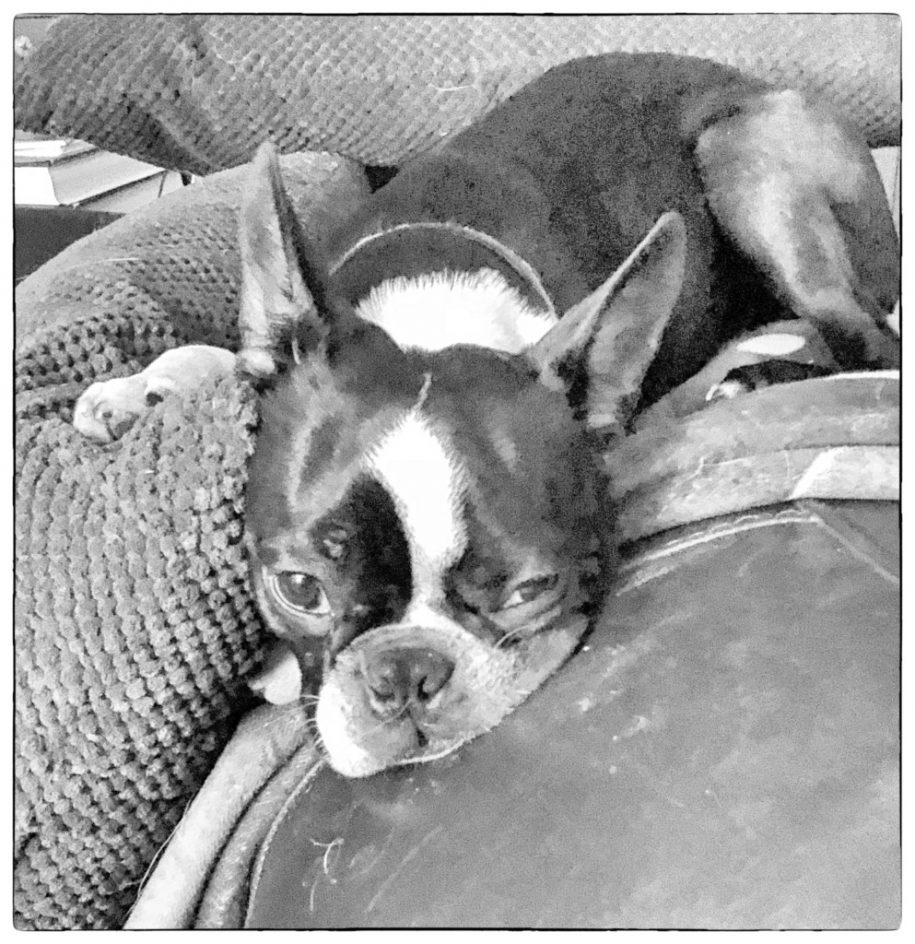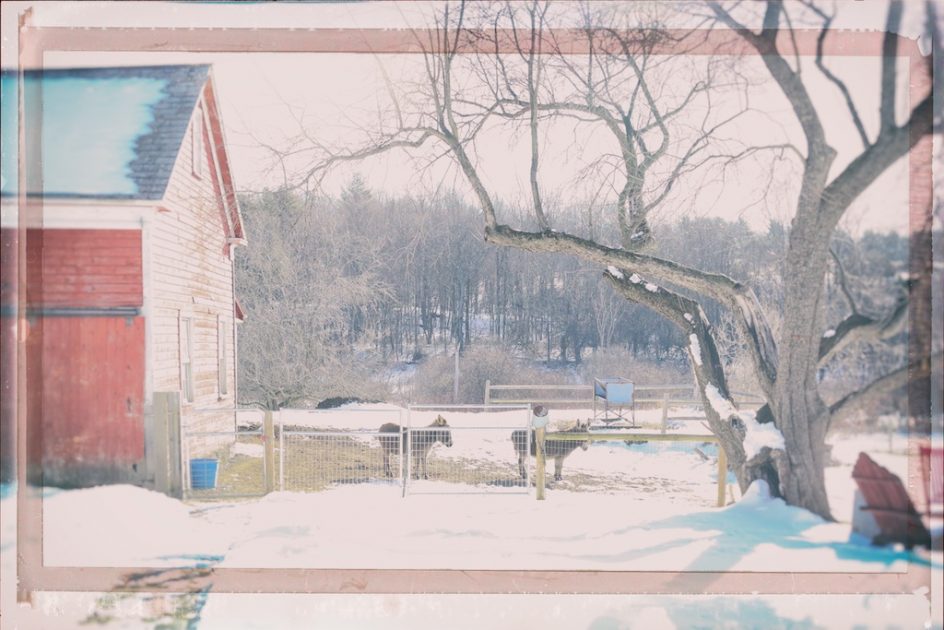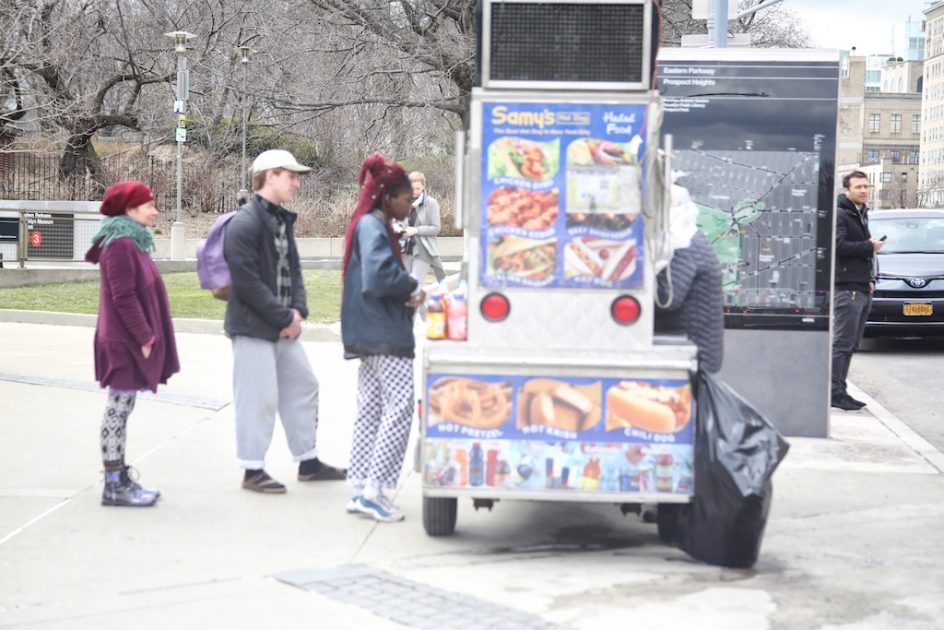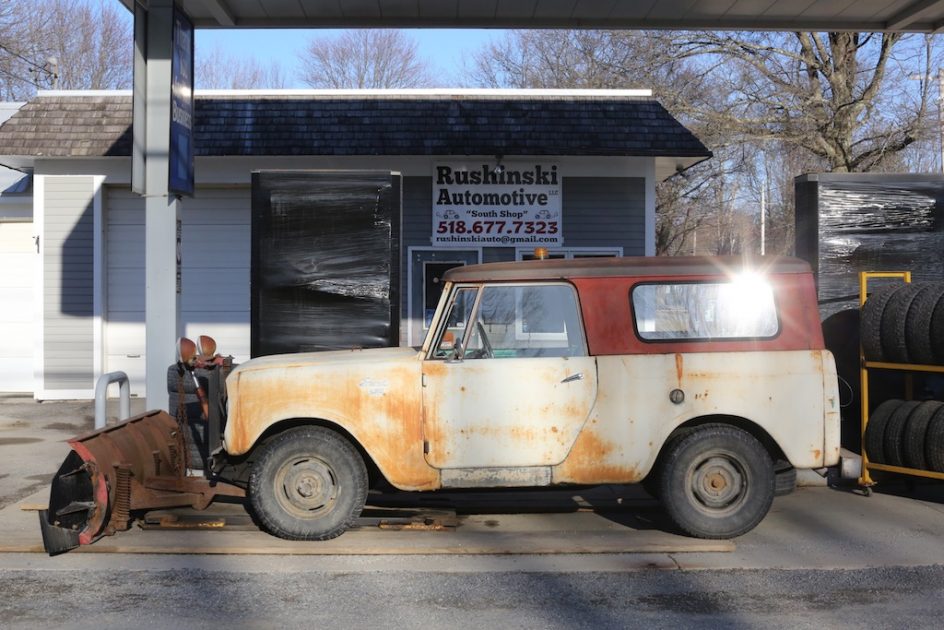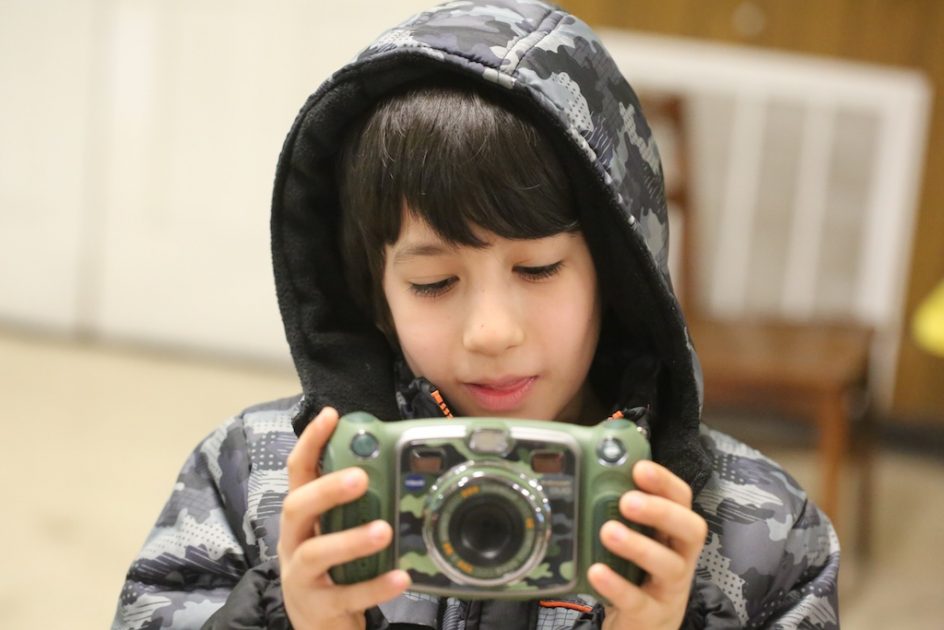
Farmaz is eight years old, he is from Afghanistan, and is a student in the RISSE after school program in Albany, N.Y. His father was killed in Afghanistan under circumstances I have decided not to talk about here. He was a supporter of the United States. and paid for it with his life.
He has been in this country a little under one year. He lives with his mother and sister in a small apartment in Albany. They do not own a car.
His family is on our Grocery Project list, we are bringing them food in two weeks. Farmaz’s mother works in two minimum wage jobs, she is working as hard s she can to keep up. She did not imagine being a single mother in a foreign land.
A few months ago, my friend Ali asked Farmaz what he wanted for his eighth birthday. Ali and I have an arrangement, if he sees a refugee child in need, he lets me know, and if we can help them, we do.
The boy, intensely shy – he rarely speaks – eventually blurted out that he only wanted one thing for his birthday: a digital camera, one that can be plugged into a school computer, like he had seen once before. He knew, he said, that this was not possible.
Ali remembered this.
Last week, while we were talking on the phone, I told Ali I was going to buy three new beginnier digital cameras for RISSE, they were highly regarded and inexpensive and had hundreds of five-star reviews on Amazon and elsewhere. Many of the RISSE children, love to take photos, they borrow their teacher’s cameras. They were, according to the reviews and media stories, the perfect camera for an eight year-old. There was even a camouflage style model.
I ordered it for Farmaz. I bought this and the two other cameras with money donated by the Army Of Good.
I can imagine the children’s photos all over the wall, and all over RISSE’s Facebook Page. Perhaps we can have a photo show that is all theirs.
I bought three different models, one for each of the three classes that run in the after school every afternoon.
Today, I went to Albany to meet with Farmaz, and to bring him his camera. He was so shy, he couldn’t look at me at first. Ali leaned over and whispered in his ear: “do you remember what you told me you wanted for a birthday present?”
Farmaz’s eyes widened, and he looked at me, then the bag I was holding in disbelief. He nodded yes. Well, there it is, in the bag.
Farmaz took the camera out of the bag – I had loaded up the batteries, inserted the digital memory card – and handed it to him. The power was on, the camera was ready.
He turned it to me, ran his fingers over the back in the way children do with cell phones and games, pointed the camera at me and took a photo of me.
We were instantly surrounded by a dozen children who appeared out of nowhere, all of whom begged me for a camera. We talked to each one and explained there would soon be one in each class that they could borrow, and perhaps one day, we could get more. But right now, we couldn’t buy one for every child at RiSSE. But every child would have access to one. The teachers told me that only a few of the children actually liked to take pictures.
The other kids drifted off to eat.
An almost unnoticeable smile came over his face, and he could not put the camera down, not even to eat his dinner, which had been prepared for him and the other children.
He tried to thank me but could not speak, and when I finally left to go home, he was still sitting on a cafeteria chair, staring at the camera, touching the buttons. I didn’t know what he was thinking, but he had a look of wonder.
I brought a different model to Jim, one of the technologically advanced teachers, and said I would be bringing two more, one for each classroom. I’ll do that next week.
I think this was a high point in my work with the refugees, I just wanted to cry with joy at the chance to hand this sweet and shy boy something he wanted so badly. I was told he loves taking pictures, and has taken some very good ones with borrowed cameras.
I asked if I could see them when I visit his home to bring some groceries.
He nodded, and Ali said Farmaz hopes to be a photographer.
That would be an amazing thing.
—
If you wish to support our work with the refugee children, you can send a donation to me at P.O.Box 205, Cambridge, N.Y., 12816, or via Paypal, [email protected].
Farmaz is a refugee, someone many people are saying doesn’t belong in America. He is not threat to us, he is already a passionate creative from a heroic and patriotic family. I hope to stay in touch with him and assist him in any way that is appropriate. I want to start by getting him some good shoes.

